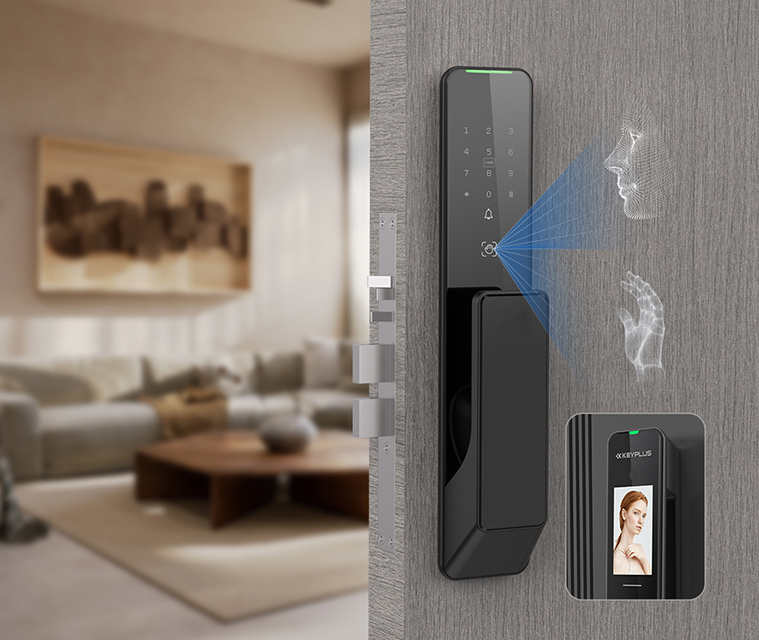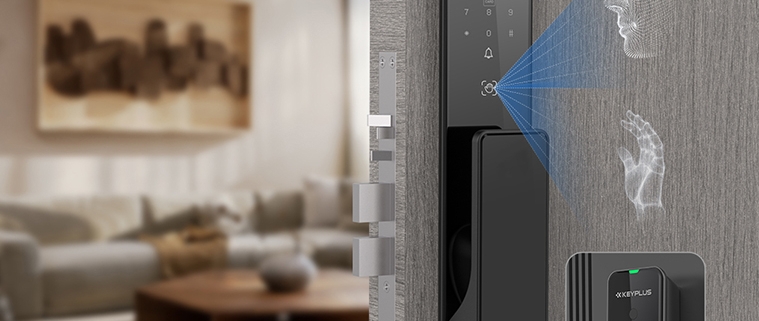How Long Do Batteries Last In Smart Locks?
Smart locks have revolutionized home security, offering convenience and advanced features like remote access, keyless entry, and integration with smart home systems. However, one of the most common concerns among homeowners is battery life. After all, the last thing you want is to be locked out because your smart lock died unexpectedly.
So, how long do batteries last in smart locks? The answer depends on several factors, including the type of lock, battery used, frequency of use, and environmental conditions. In this guide, we’ll break down everything you need to know to maximize your smart lock’s battery life and avoid inconvenient surprises.
1. Average Battery Life of Smart Locks
Most smart locks run on standard AA or AAA batteries, though some high-end models use lithium or rechargeable batteries. On average, you can expect:
- 6 months to 2 years for most smart locks
- Up to 1 year for frequently used locks (e.g., in busy households or rental properties)
- 2+ years for locks with energy-efficient designs
2. Factors That Affect Smart Lock Battery Life
Why do some smart locks last a year while others need replacement every few months? Here are the key factors:
A. Frequency of Use
- The more you unlock your door (via keypad, app, or auto-unlock), the faster the battery drains.
- Rental properties or busy households may see shorter battery life.
B. Connectivity & Smart Features
- Locks with Wi-Fi drain batteries faster than Bluetooth/Zigbee models.
- Auto-lock/unlock, geofencing, and continuous activity logs consume more power.
C. Temperature & Weather Conditions
- Extreme cold (below 32°F/0°C) can reduce battery efficiency.
- Humidity and moisture may cause corrosion in battery compartments.
D. Battery Type & Quality
- Lithium batteries last longer than alkaline in extreme temperatures.
- Rechargeable batteries (NiMH) may have shorter lifespans per charge.
E. Firmware & Software Updates
- Some updates optimize power usage, while others may introduce bugs that drain batteries faster.

3. How to Extend Your Smart Lock’s Battery Life
Want to avoid frequent battery changes? Follow these tips:
✔ Use High-Quality Lithium Batteries
- Lithium batteries perform better in cold weather and last longer than alkaline.
✔ Disable Unnecessary Features
- Turn off Wi-Fi if not needed (use Bluetooth instead).
- Reduce auto-lock/unlock frequency if possible.
✔ Keep Firmware Updated
- Manufacturers often release optimizations to improve battery efficiency.
✔ Monitor Battery Levels Remotely
- Most smart lock apps send low-battery alerts before they die.
✔ Install a Backup Power Source
- Some locks have 9V battery terminals for emergency power.
- Others allow temporary power via USB.
4. What Happens When the Battery Dies?
A dead smart lock doesn’t necessarily mean you’re locked out. Here’s what to expect:
A. Manual Override Options
- Many smart locks have physical keys as a backup.
- Some allow external battery boosts (e.g., 9V battery touchpoints).
B. Emergency Power Solutions
- can be powered via USB in emergencies.
- Has a micro-USB charging port.
C. Smart Alerts Prevent Surprises
- Most apps notify you weeks in advance when batteries are low.
Final Thoughts: Smart Lock Battery Life Made Simple
Smart lock batteries typically last 6 months to 2 years, depending on usage and model. To maximize lifespan:
- Use lithium batteries for better performance.
- Disable unnecessary smart features if not needed.
- Check battery levels regularly via the app.
With the right lock and maintenance, you can enjoy keyless convenience without constant battery anxiety.
Pro Tip: Always keep spare batteries handy, and consider a lock with a backup key or external power option for peace of mind!
Would you like recommendations for specific smart locks based on your home’s needs? Please let us know in the comments section!



